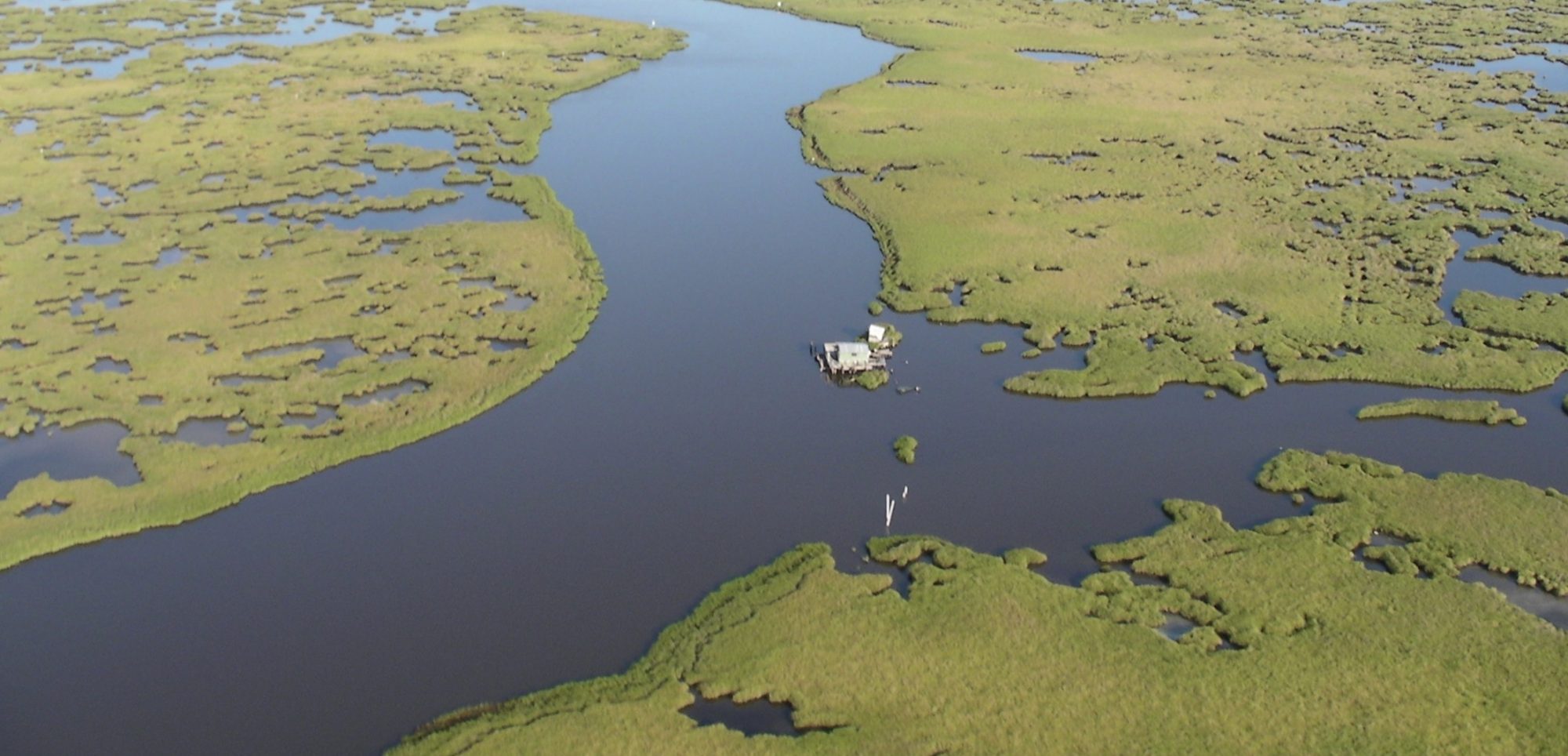
M.S. Candidate, Auburn University
Conference Travel Grant Type 2 (Soil Science Society of America)
Belowground Productivity and Rhizosphere Dynamics across a Salinity Gradient in Tidal Freshwater Forested Wetlands of South Carolina
“My current research is focused on studying belowground net primary productivity (BNPP) along a salinity gradient and rhizosphere dynamics within tidal freshwater forested ecosystems. Tidal forests are unique and productive ecosystems in the southeastern United States, and are highly susceptible to ecological changes. Many of these wetlands are already threatened from a rising sea level, as well as developmental impacts affecting their hydrology; however they are not researched to the scope of other wetland types. These wetland forests are characterized largely by the influence of tidal water, which affects biogeochemical processes through not only salinity intrusion, but also additional nutrients and particulates within the tide. These forests are often classified as freshwater swamps, with increased oceanic water incursion during tides, major storm events, and flooding. Due to the pulses of salinity, and placement between discrete ecosystems, these tidal forest’s nutrients cycles are dynamic and critical to maintenance of the habitat. Within the southeastern United States, tidal freshwater forested wetlands are most abundant in South Carolina. This research examines tidal freshwater forested wetlands along the Waccamaw River in South Carolina, on pre-established sites which represent a salinity gradient. Soil core samples are extracted in plots at each site and processed for nutrient analysis, measurements of BNPP, and characterization of rhizosphere and bulk soils.“
